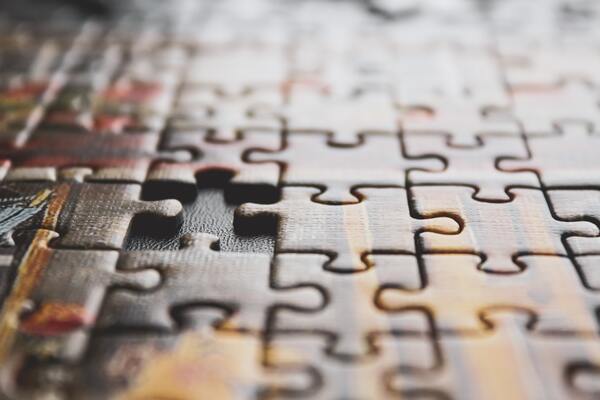Know Thyself: A Meditation

According to the ancient Greek philosopher Socrates, “the unexamined life is not worth living,” and therefore, “know thyself.” Nineteen centuries later, John Calvin expanded on this thought, teaching that a proper knowledge of self cannot be separated from a knowledge of God. He said, “Nearly all wisdom we possess, that is to say, true and sound wisdom, consists of two parts: the knowledge of God and of ourselves” (Institutes of the Christian Religion I.1.i).
The great reformer was not saying we need to understand our temperaments, our gifts, or the influences of our past. What we so desperately need to know about ourselves is the extent and depth of our own depravity. Most of us tend to think too highly of ourselves (see Romans 12:3). Only in the light of God’s revelation of himself can we gain a true assessment of our innate sinfulness. According to John Calvin, in that light, “What wonderfully impressed us under the name of wisdom will stink in its very foolishness.”
So, how can we know if we think too highly of ourselves? Listing all those clues would certainly make a long list but allow me to offer several. How about unfriending someone who bothers you? Or criticizing those who disagree with you, embellishing your accomplishments, refusing to accept responsibility, or even fearing to take risks. Or perhaps the most obvious, setting your own agenda for life.
Coming to grips with the truth of who you are will not only improve your relationship with the Lord, but also with yourself and others. Seeing yourself in the light of who God is will radically humble your spirit, purify your heart, and motivate your service. It will inform the way you parent, work, play, and relate to others. In that light our hearts are transformed as we come to understand that we are what we are by the grace of God (see 1 Corinthians 15:10).
John Owen, a 17th century theologian in England, decried the lack of self-knowledge saying, “ineffective lives and scandal grow like branches out of this root of self-ignorance. How few truly seek to know themselves or possess the courage to do so.” Imagine the frustration of trying to assemble a jigsaw puzzle that was put in the wrong box when the picture on the box is nothing like the puzzle itself. Perhaps you’ve experienced similar frustration because your picture of self is radically different from the actual reality of who you are.
The wisest man who ever lived said, “the fear of the Lord is the beginning of knowledge.” (Proverbs 1:7) This is especially true of self-knowledge. And according to Solomon, such knowledge requires “receiving God’s word, treasuring his commandments, inclining your heart to understanding, calling out to God for insight, and seeking to know Him like one searching for hidden treasures.” (Proverbs 2:1-5)
Are you up for the challenge? It really does take courage and it won’t be easy. But God invites us all to this most beautiful of all aspirations. And to stir our faith he gives this promise: “You will seek me and find me, when you seek me with all your heart.” (Jeremiah 29:13)